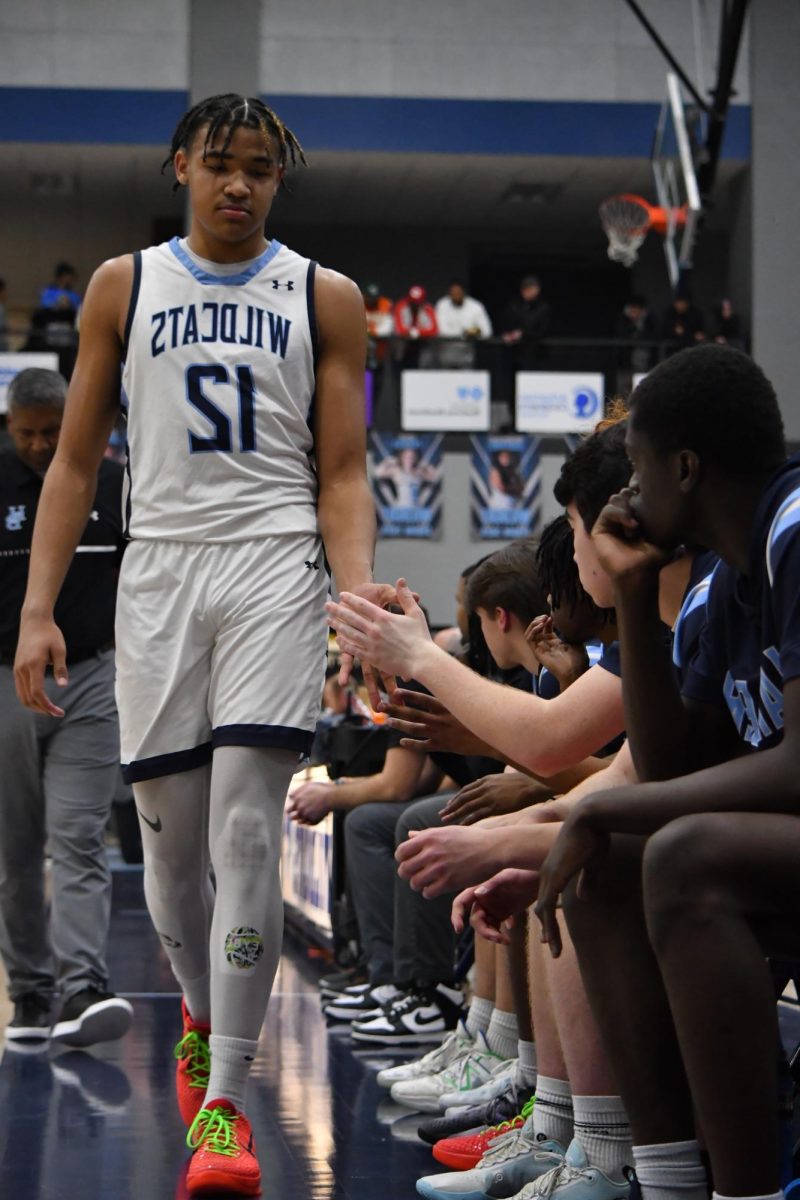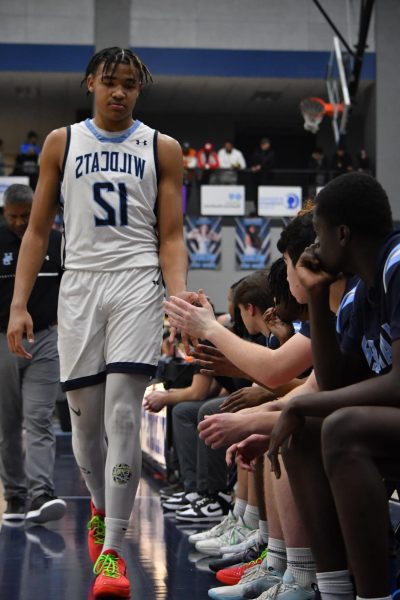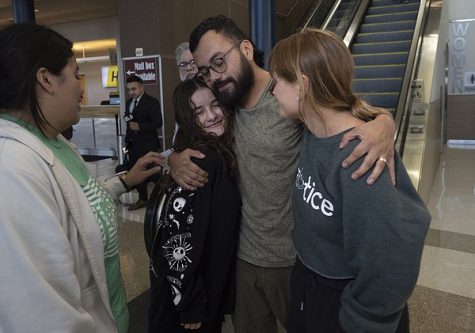Marshall Islands begin to sink
February 25, 2016
Scrolling through her Facebook timeline, senior Queenie Ria saw a post about a month ago that brought tears to her eyes. Ria discovered that the Marshall Islands are disappearing, and to Ria, these islands’ are home.
“I was about to cry and then I breathed. I think it’s just going to happen. I think my family is going to change their minds about coming here,” said Ria.
With the Western Pacific sea levels rising much faster than normal, the Marshall Islands, which consist of 29 atolls and five free standing islands, are suffering. Due to the islands’ location, even small increases in ocean levels can have a big impact. According to thebigstory.org, a panel of scientists say sea levels are likely to rise another one to three feet by the end of this century. As humans continue to warm the atmosphere, and oceans continue to rise, the atolls of these islands will submerge beneath the waves.
In 2012, Ria flew from the Marshall Islands to Hawaii and then landed in Northwest Arkansas. Ria came here at the age of 14 with her uncle because her parents wanted her to live with them here. But Ria came here with goals in mind, and those included more than just seeing her family.
“I came to study and make my future. I have a dream. I want to be a doctor,” said Ria.
The native born islander has three brothers, three sisters, and great grandparents still living in the islands’. Ria misses her family and hasn’t been able to visit since she came to the states. They, however, do not plan on coming to the U.S anytime soon, or ever, for that matter.
“No, they’re not coming, they don’t like it here. They love it back there. After I graduate I might go to visit and come back for college,” said Ria.
However, Ria’s plans might be changed due to the rising waters on the islands’ shores.
The disastrous power of the increasing water is already a part of daily life for the 70,000 Marshallese residents, and this is making the free pass to emigrate that much more appealing. The New York Times reported that under a 1986 compact, U.S. doors are open for Marshallese citizens to migrate due to long time military ties to Washington.
“It’s sad. Of course I’m scared for my family. I prayed for them, I still do. The U.S. should help some of the people to get here,” said Ria.
The 18 year old would still go back home in a heartbeat though. Freedom. That’s what Ria said she misses most about the Marshall Islands.
“We stayed stayed up all night hanging out and playing music, it’s our favorite. We played basketball, volleyball, and softball there,” said Ria.
Junior Moses Jolly, who was born in Hawaii, came to Northwest Arkansas with his parents when he was just one year old in 1999. Jolly came due to already having family here, however he still has family currently in the Marshall Islands.
“I have my cousins and my aunt. They plan on coming in November for a party. It’ll’ be my nephew’s first birthday,” said Jolly.
Springdale, Arkansas holds the largest Marshallese population in the continental U.S. which is a total of 10,000. This is nearly 15 percent of the country’s population. According to CNN.com, a one way flight from Majuro, the capital of the Marshall Islands, to NWA regional airport currently goes for $1,600, and the duration is 33 hours. Based on this fare, it would cost $184 million to fly every Marshallese person to Arkansas.
Jolly believes the mass population of Marshallese in Northwest Arkansas is because of the jobs offered here.
“This is the only place they could find work, like for Tyson. A lot of my family works there, my older cousins, aunt, and uncle all do,” said Jolly.
Sophomore Helenson Aloka came here in October of 2010 with his mother and younger sister to get a better education than he could in the Marshall Islands. Aloka still misses the islands terribly.
“It was a lot of fun there. I had a lot of friends. I miss fishing and the ocean a lot, I was kind of good at it,” said Aloka.
He too still has family living back home: his grandmother, uncle, and cousins who plan on coming to NWA sometime next year. Aloka hasn’t see them since he left, but still keeps contact through Skype. For the welfare and security of the remaining Marshallese population still located in the islands, Aloka thinks money should be sent by families to bring them here safely. There is simply nowhere on the Islands for residents to escape these floods.
“It’s bad. Our island is going to sink. I’m scared for my family. I’m trying to get them here,” said Aloka.
With an assortment of jobs and quality education available, Northwest Arkansas is now home for many Marshallese people. Compared to his last home, Northwest Arkansas is different on just about every level, but Aloka still likes it here. He and his friends take a trip to the Jones Center every Saturday where they play ball. He, however, hopes to one day return to the Marshall Islands.
“Yes, I want to see my family and friends again. It’s hard knowing I might not be able to go back,” said Aloka.













